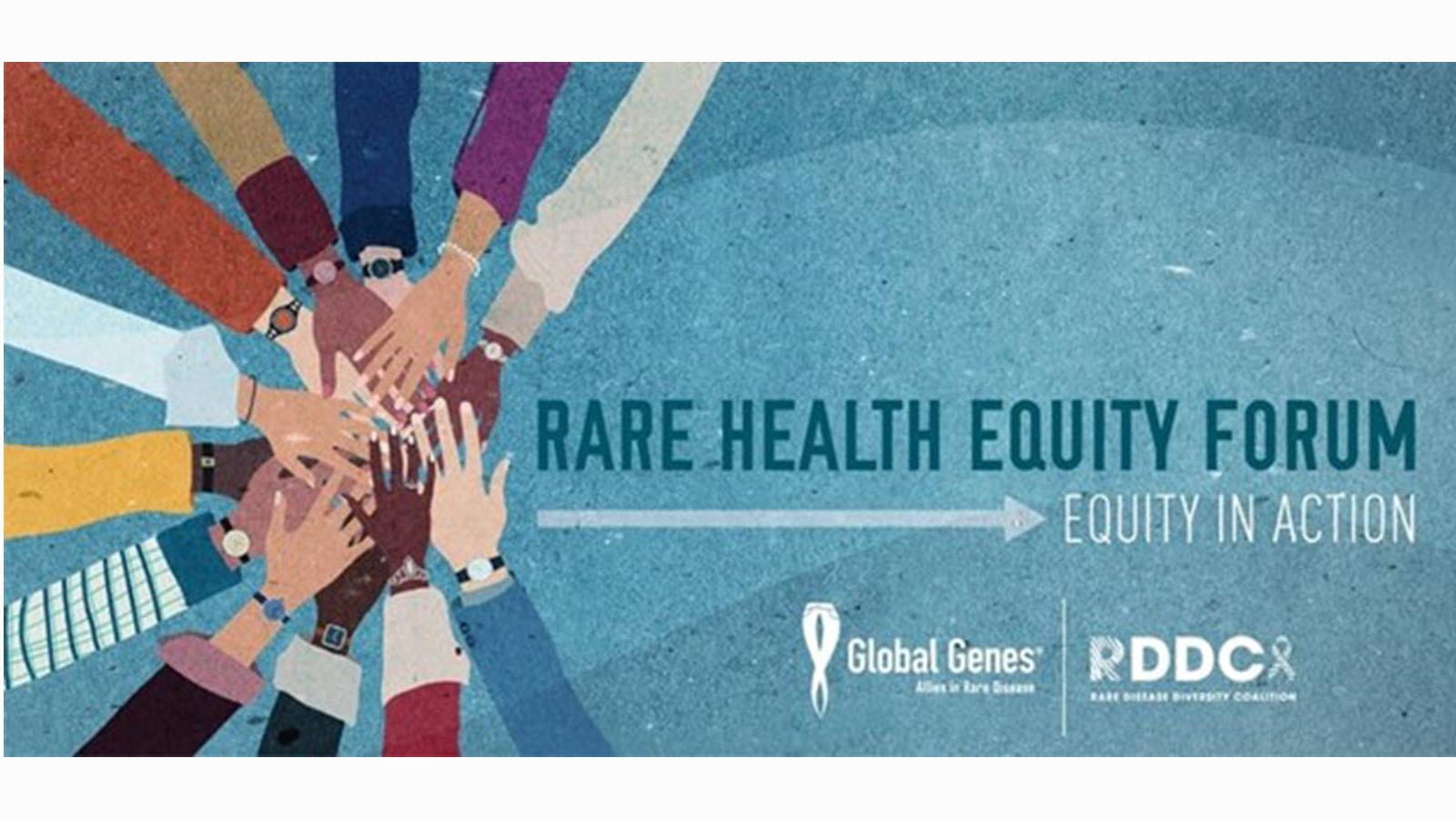For a patient who lives with a rare disease, a clinical trial can be a beacon of hope because it can provide early access to a potential new treatment. But the data show that diversity is lacking in clinical trials. What’s more, researchers know that more diversity in clinical trials means better outcomes for all patients.
To unpack this complex issue and others facing rare disease patients, nonprofit advocacy organization Global Genes recently hosted the Rare Equity Health Forum. Panelists dug into the barriers of provider bias and patient distrust that keep diverse patients from participating in clinical research.
Maria Santaella, Vice President of Research at the National Bleeding Disorders Foundation, said she saw this problem firsthand when she worked as a nurse. She said Black and Hispanic patients weren’t asked to participate in clinical trials because health care workers assumed they didn’t trust the health care system and that they were unlikely to say yes.
It’s true that past ethical abuses made many people skeptical about participating in clinical research. In the United States, the Tuskegee Institute violated the rights of and mistreated minority research participants from 1932 – 1972. But diverse patients should have been presented with the opportunity to participate, Santaella said.
“From the get-go, we were already deciding for them, we were not giving them the opportunities that they needed,” she said. “And as I work now in the advocacy space, I realize that patients want to be asked.”
Yasmeen Long, Director of FasterCures, agreed, saying that everyone in the communication chain should be aware of their biases.
“We still have to check our biases at the door. You can have implicit or explicit biases regardless of your race or ethnicity,” she said. “And so, I think that not only the patient community, but really the care providers, physicians, nurses, so on and so forth, also need to examine what biases they may have that could be interfering with the care of a particular patient or increasing that barrier to wanting to be in a clinical trial.”
Generational trauma, caused by the past abuses including Tuskegee, were cited by panelists as a major contributor to feelings of distrust. That distrust reverberates even now, and as recently as the COVID-19 pandemic, when Africans were hesitant about getting vaccinated, said Trudy Nyakambangwe, Founder of Child and Youth Care Zimbabwe.
“That was just as a result of poor consultation and engagement with African people,” she said.
Patients also might develop distrust after being treated poorly by the health care system or because their family discourages seeking certain kinds of help, panelists said.
Here’s how they say health care professionals can help improve diversity in clinical trials:
- Get educated about provider bias.
- Show up as human beings first and show a greater sense of humility when interacting with patients.
- Meet patients where they are, taking a community-based approach to outreach and education.
- Value a patient’s lived experience and acknowledge they have earned a level of expertise.
Clinical trials have changed dramatically in recent decades and that’s something rare disease patients should know, Nyakambangwe said.
Today, research institutions must follow strict rules to protect and safeguard the rights of all study participants. For example, they must provide information about the clinical study and set expectations of any risks prior to anyone’s agreement to participate. A participant can leave the trial at any time.
Participating in a trial is an opportunity to advance science and help the patient community, Nyakambangwe said.
“It's a privilege to participate, and they are going to be helping their own people and other generations to come if they participate in clinical trials,” she said.



